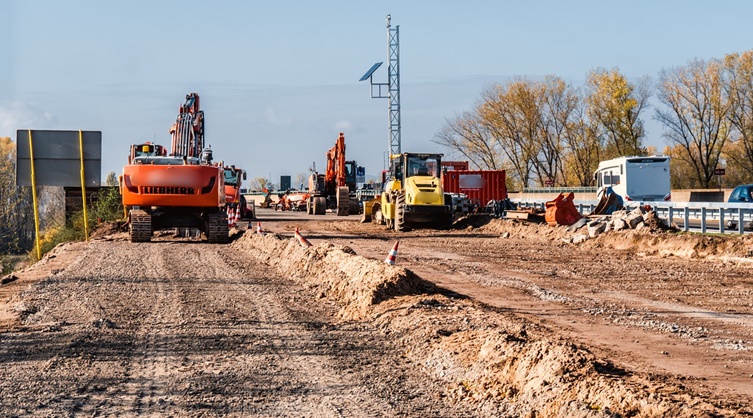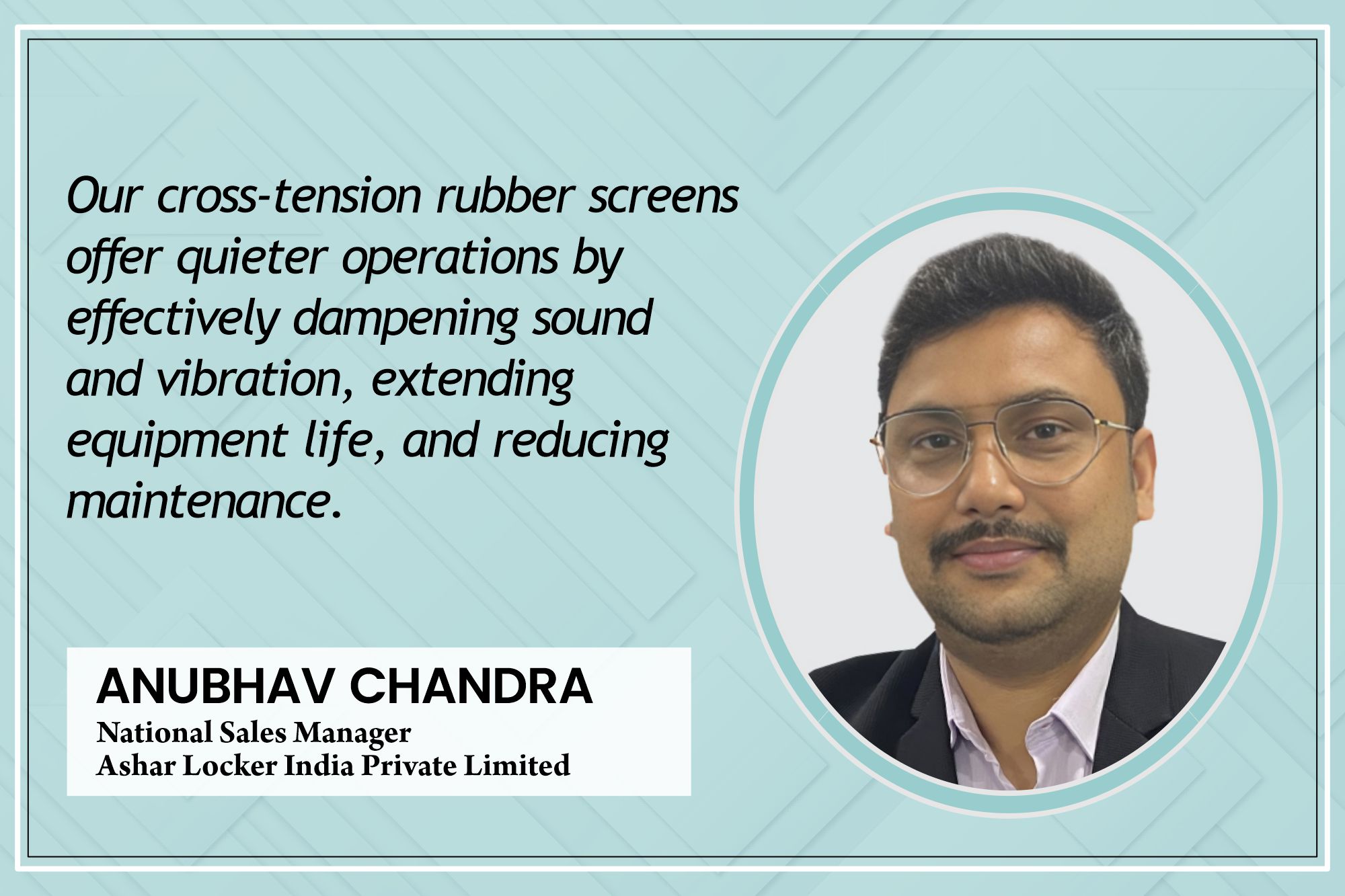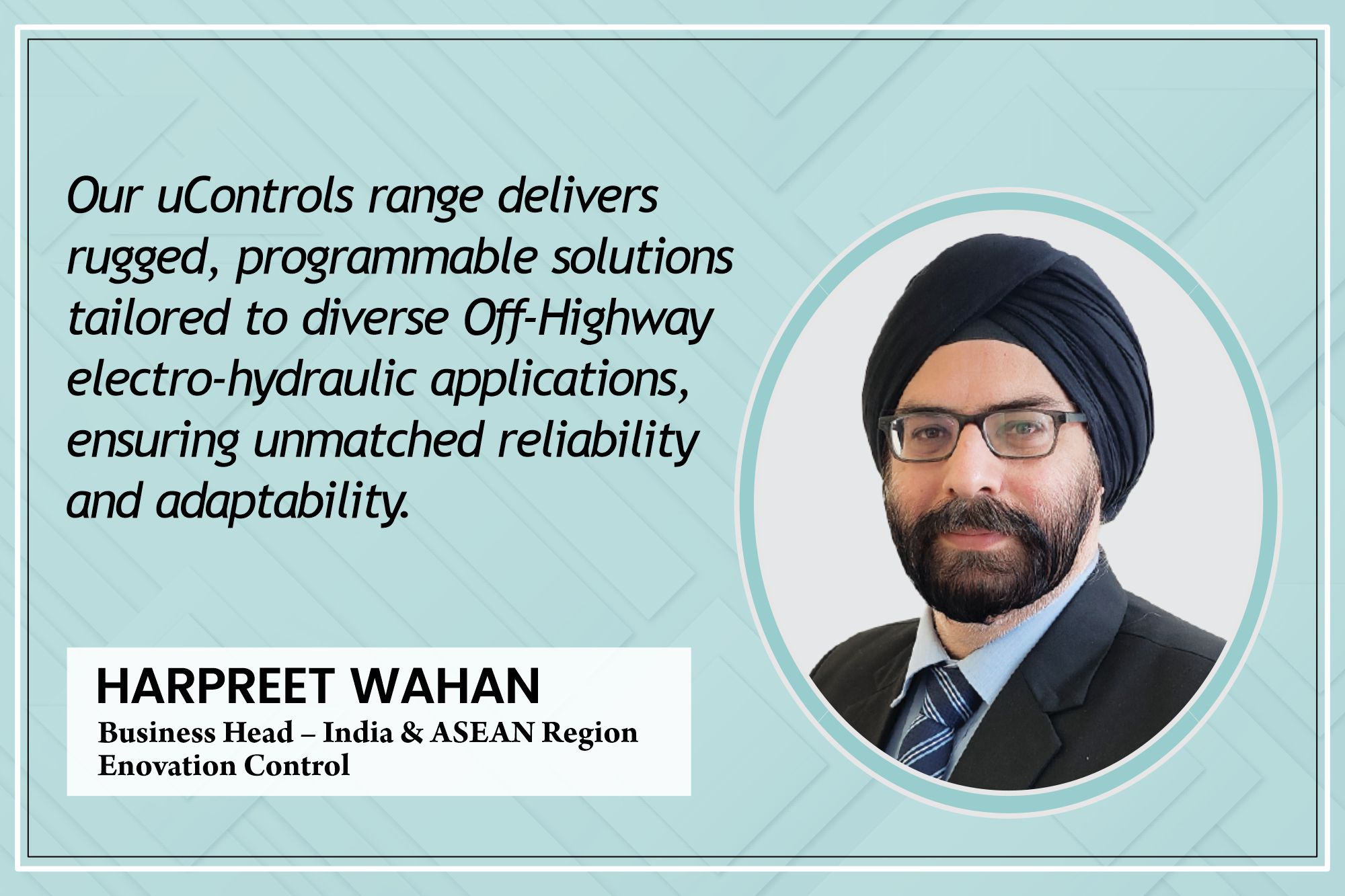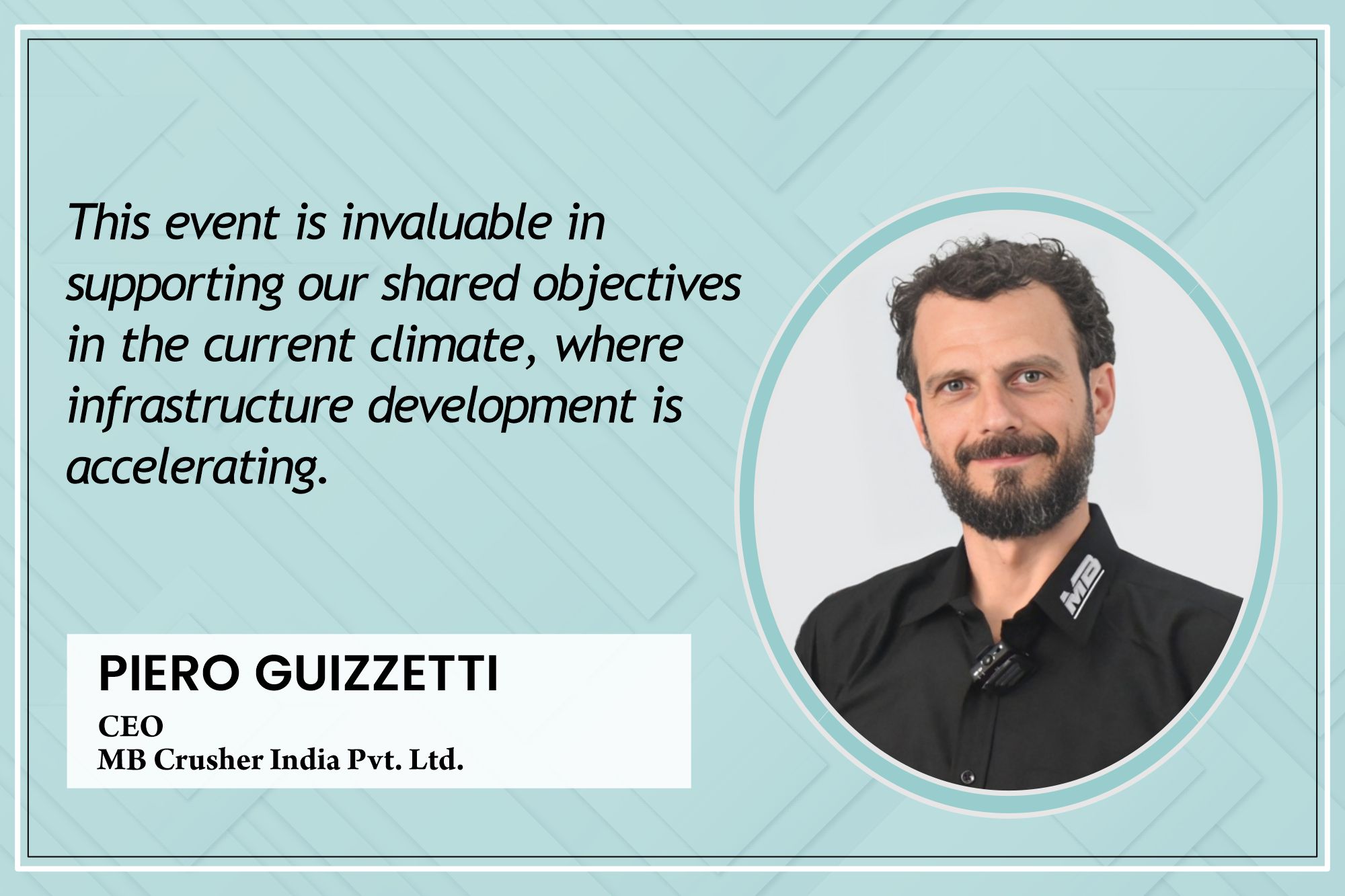Now, let’s make roads from municipal waste
By Edit Team | June 12, 2023 1:58 pm SHARE

These initiatives are intended to ensure that India’s tunnel projects meet, if not exceed, worldwide standards by utilising innovative practices and cutting-edge technology.
India has witnessed a remarkable surge in tunnelling projects, with 144 tunnels spanning approximately 357 kilometres along national highways. These projects are currently in progress, amounting to a cost of ₹2 lakh crores. Additionally, 30 tunnels covering 45 kilometres that are already operational, and another 16 tunnels, totalling around 120 kilometres, are expected to be completed within the next one to two years. Furthermore, 54 tunnels are under the Detailed Project Report (DPR) stage.
FICCI has recently held an International Conference on Tunnel Construction, where Nitin Gadkari, Union Minister for Roads & Highway Transport Minister, stressed the importance of quality control in tunnelling projects across India. He highlighted the need to manage costs effectively while maintaining high standards. Furthermore, the government is working on a policy to incorporate municipal waste in road construction, presenting an innovative solution to waste management challenges and potential cost savings.
Gadkari advocated for comprehensive sectoral studies regarding the vast potential for tunnelling in India. He further called for a transparent, time-bound, result-oriented, and corruption-free system, highlighting the necessity for liberal technical and financial qualifications. These measures aim to ensure that India’s tunnel projects meet and surpass global standards, employing innovative practices and cutting-edge technology.
Adding more details to the discussion, S Paramasivan, Co-Chairman – Roads & Highways, FICCI Committee for Transport Infrastructure & Managing Director, Afcons Infrastructure, emphasised the significant growth of tunnel construction in India over the past decade. He noted tunnel construction extends beyond roads, encompassing railways, storage tanks, hydro dams, and other areas, creating a unique environment for tunnelling in the country.
Today, India boasts 1,641 ongoing tunnelling projects, covering nearly 3,445 kilometres. Among these projects are notable landmarks such as the Atal Tunnel, certified by the Guinness Book of World Records as the longest tunnel at an altitude above 10,000 feet worldwide, and the Zojila Tunnel, projected to become the longest tunnel in Asia upon completion.
Paramasivan acknowledged the industry’s challenges, particularly in the Himalayan region, where complex geological conditions pose significant risks. He suggested shifting from Engineering, Procurement, and Construction (EPC) contracts to item rate contracts in these regions to address these concerns. He acknowledged that while emerging technologies offer potential solutions, the Himalayan territory presents treacherous geopolitical challenges.
Dr. Mangu Singh, President of the Tunnelling Association of India, emphasised the necessity of advanced tunnelling techniques to support India’s expanding road, railway, and metro networks. He highlighted the crucial role of tunnelling, especially in the Himalayan and northeastern areas. Dr. Singh commended the technological advancements in tunnelling, which primarily focus on ensuring safety.
Concluding the discussion, Mr. Shailesh Pathak, Secretary General of FICCI, expressed optimism for India’s tunnelling industry, predicting a promising future. He stated that Indian tunnels built over the next 25 years would be on par with the best in the world. Pathak also commended the government’s proactive approach to implementing positive and outcome-oriented policies.
With the government’s focus on quality control, innovative waste management solutions, and the adoption of advanced technologies, India’s tunnelling industry is poised for significant growth and global recognition.
Cookie Consent
We use cookies to personalize your experience. By continuing to visit this website you agree to our Terms & Conditions, Privacy Policy and Cookie Policy.



































































